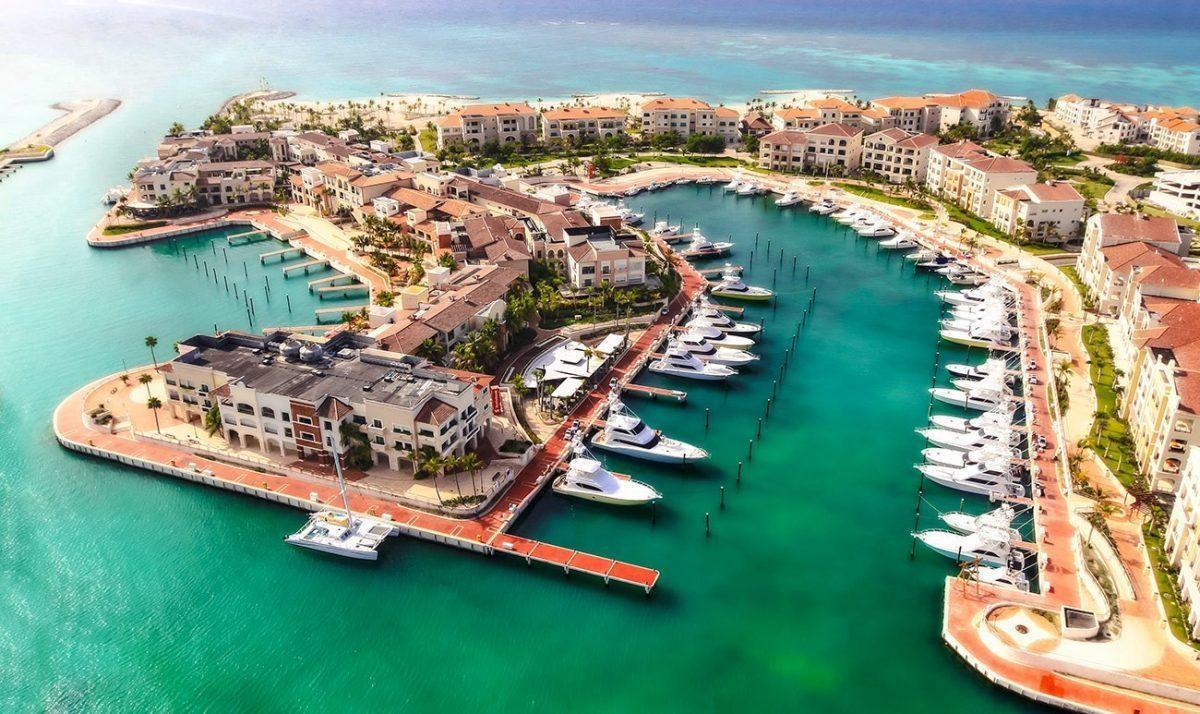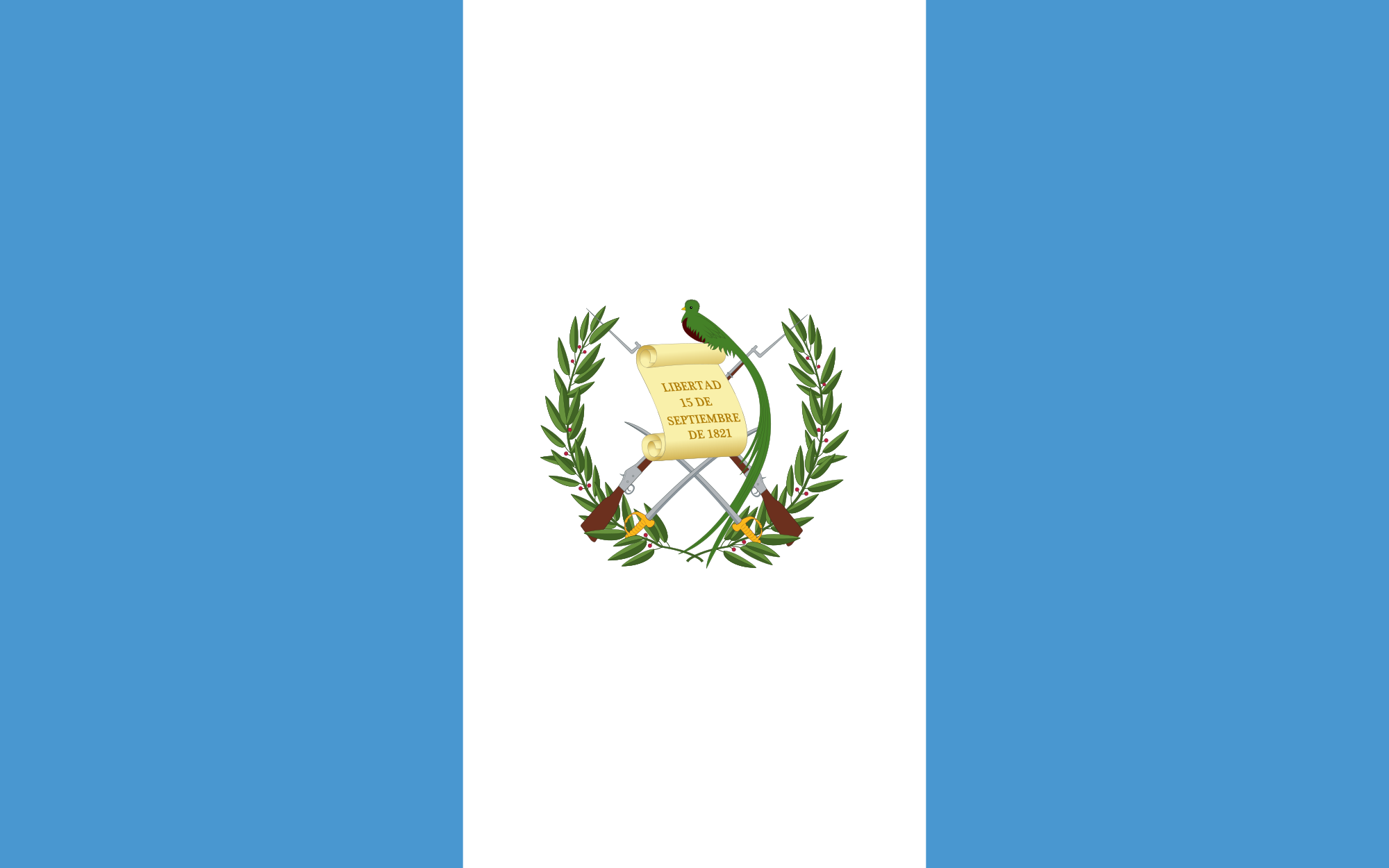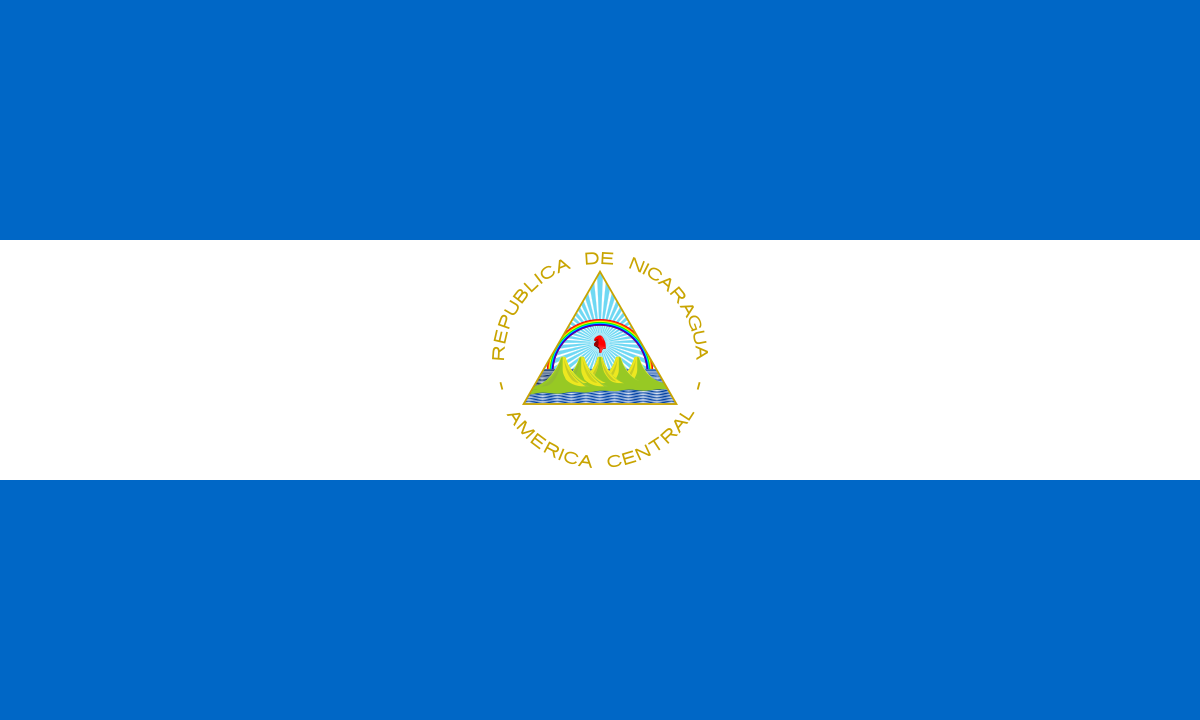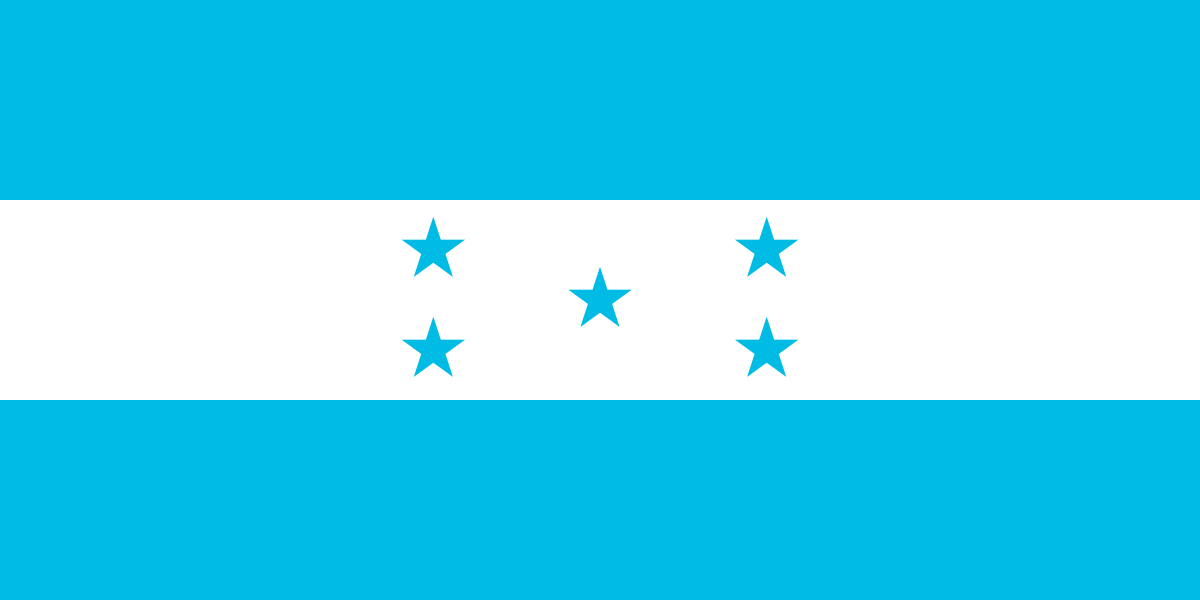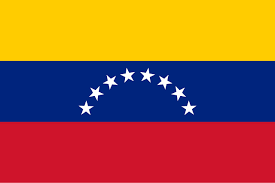Tourism and Lifestyle
Tourism is a major component of Colombia’s economy, with millions of visitors attracted to its stunning beaches, vibrant cities, and rich cultural heritage. Popular tourist destinations like Cartagena, Medellín, and Bogotá offer a blend of modern living and historical charm, attracting both tourists and investors. In 2023, tourism contributed US$6 billion to the Colombian economy, a reflection of its growing importance. The country’s diverse landscapes—from tropical rainforests to mountainous regions—make it an ideal location for eco-tourism, luxury tourism, and business travel alike, further boosting demand for real estate in key regions.
Real Estate Opportunities
Colombia’s real estate market is diverse, with significant opportunities across residential, commercial, and hospitality sectors. The growing middle class, coupled with a boom in urbanization, has fueled demand for residential properties. The rise of foreign investment has spurred development in major cities, while the government’s commitment to infrastructure projects provides a solid foundation for long-term growth. Whether you’re looking for high-end residential properties, commercial spaces, or hospitality developments, Colombia’s real estate market continues to offer substantial opportunities for profitable investments.
Luxury Residential Properties
The demand for luxury real estate in Colombia is growing, particularly in cities like Bogotá, Medellín, and Cartagena. With a rising affluent class, Colombia’s luxury property market is flourishing. Areas such as Zona T in Bogotá, El Poblado in Medellín, and the historic districts in Cartagena see high demand for upscale apartments, penthouses, and waterfront villas. Investors can find a mix of modern condominiums, historic residences, and luxury estates that cater to wealthy locals and expatriates.
Commercial Real Estate
The commercial real estate sector in Colombia is thriving, driven by rapid economic growth, increasing foreign business investments, and the expansion of local industries. Major cities like Bogotá, Medellín, and Cali are experiencing a boom in demand for office spaces, retail centers, and mixed-use developments. As the middle class continues to grow, demand for commercial spaces—such as shopping malls, business hubs, and technology parks—remains strong. Bogotá’s business districts, including Zona Norte and the financial district, continue to see significant commercial development, offering attractive investment opportunities in office buildings and retail complexes.
Hospitality Real Estate
Tourism is one of the key drivers of Colombia’s economy, and the hospitality sector is seeing significant growth. Cartagena, known for its colonial charm and Caribbean beaches, is one of the most popular destinations for tourists and investors alike. Medellín and Bogotá also attract business travelers, making these cities prime locations for hotels, boutique properties, and short-term rentals. With more visitors flocking to Colombia each year, there are ample opportunities for hotel developers, vacation rental operators, and luxury resort investors to capitalize on the booming tourism sector.
Land Development
Land development in Colombia offers significant potential, particularly in cities undergoing rapid urbanization and in tourist regions with high growth prospects. The country’s infrastructure improvements and the growing demand for residential, commercial, and eco-friendly developments make the land a valuable investment. In regions like the coffee triangle, the Amazon, and along the Caribbean coast, investors can acquire prime land for residential communities, resorts, and eco-tourism projects. The Colombian government’s focus on sustainable development and improving transportation infrastructure is expected to further enhance the land development market’s appeal.
Colombia: A Land of Diversity and Opportunity
Located in the northwest of South America, Colombia is known for its geographic diversity, ranging from Andean mountains and Amazonian jungles to Caribbean coastlines and tropical rainforests. This varied terrain makes the country a prime location for a wide range of real estate investments. Colombia’s cities are dynamic and modern, offering an array of opportunities, while the natural landscapes provide ample space for sustainable development and eco-tourism projects. With a thriving economy, improving infrastructure, and a growing international presence, Colombia offers unmatched real estate opportunities for both investors and expatriates.
Key Cities and Areas for Real Estate Investment in Colombia
Bogota
As the capital and largest city of Colombia, Bogotá is the political, economic, and cultural heart of the country. The city’s strategic location, strong infrastructure, and well-established business district make it a prime location for commercial real estate investments. Bogotá’s real estate market offers a wide range of opportunities, from luxury residential properties in affluent neighborhoods like Zona T and Chicó, to commercial office spaces and retail developments in the financial and business districts. With continued growth in both the economy and population, Bogotá remains a top destination for real estate investors in Colombia.
Medellin
Medellín, once known for its turbulent past, has reinvented itself as a hub of innovation and growth. Often referred to as the “City of Eternal Spring,” Medellín is famous for its pleasant climate, modern infrastructure, and cutting-edge technology scene. The real estate market in Medellín is booming, with high demand for both residential properties and commercial developments. Areas like El Poblado and Laureles are popular for high-end apartments and condos, while the city’s growing tech industry and international presence make it an attractive location for commercial real estate investment. Medellín is rapidly becoming a hub for digital nomads and international businesses, further driving demand for office spaces and residential properties.
Cartagena
Cartagena, with its colonial architecture, historic sites, and stunning beaches, is one of Colombia’s most attractive cities for real estate investment. The city has become a popular destination for both tourists and international investors, offering opportunities in luxury waterfront properties, boutique hotels, and commercial real estate. Cartagena’s Old Town, a UNESCO World Heritage site, offers some of the most coveted real estate in the country, while areas like Bocagrande and the Rosario Islands present excellent opportunities for resort development and high-end residential projects. As tourism continues to rise, Cartagena’s real estate market is expected to keep growing, providing profitable investment opportunities.
Cali
Cali, known for its salsa music and vibrant culture, is a city on the rise in terms of economic growth and urban development. The third-largest city in Colombia, Cali offers real estate investment opportunities in both residential and commercial sectors. The demand for office spaces and retail centers in the city’s growing business districts is on the rise, while upscale residential properties are increasingly sought after by locals and expatriates. As Cali continues to expand and develop, its real estate market is set to benefit from the city’s burgeoning industrial and service sectors.
Government Incentives for Real Estate Investors
Colombia’s government offers various incentives to attract foreign investment in real estate. The country provides tax exemptions and favorable regulations for businesses in key sectors such as tourism, technology, and renewable energy. Additionally, Colombia’s free trade zones offer special incentives to investors, including tax reductions and exemptions on certain business activities. Investors in the tourism and hospitality sectors can also take advantage of tax benefits for projects that promote eco-tourism or sustainable development. These incentives, combined with the country’s pro-business policies, make Colombia an attractive destination for real estate investment.
How to Start a Company in Colombia
Starting a company in Colombia as a foreign investor is relatively straightforward, with the government encouraging foreign direct investment (FDI). Investors can establish various types of business entities, including corporations, limited liability companies (LLCs), and joint ventures. The registration process is efficient and transparent, and the government provides incentives for businesses that meet specific criteria, including tax exemptions and streamlined permit approval processes. Whether you’re starting a business in real estate, tourism, or another sector, Colombia’s business-friendly environment supports entrepreneurial growth and investment.
Real Estate Taxes in Colombia
Colombia has a clear and transparent tax system for real estate investors. The property tax rate in Colombia is generally between 0.5% and 1.5% of the property value, depending on the location and value of the property. Investors are also subject to income tax on rental income, capital gains tax on the sale of properties, and a 19% VAT on new residential properties. However, the country offers tax incentives for real estate investors involved in eco-friendly developments and the tourism sector, making it an attractive destination for long-term investment.
Why Invest in Colombia Real Estate?
Colombia’s real estate market offers a wealth of opportunities, driven by the country’s growing economy, urbanization, and an increasing demand for both residential and commercial properties. The government’s favorable tax policies, combined with a diverse range of real estate opportunities, make Colombia an attractive destination for investors looking for both short-term returns and long-term growth. Whether you are interested in luxury residential properties, commercial real estate, or land development, Colombia offers significant investment potential across multiple sectors. The country’s stable political environment and improving infrastructure further enhance its appeal as a real estate investment destination.
Conclusion: Investing in Colombia Real Estate
With a growing economy, favorable investment climate, and diverse real estate opportunities, Colombia remains one of the top real estate investment destinations in Latin America. The country’s strategic location, combined with its rich cultural heritage and expanding infrastructure, makes it an ideal market for investors seeking high returns. As Colombia continues to develop, both local and international investors are poised to benefit from the country’s growing demand for residential, commercial, and hospitality properties. Whether you are interested in luxury developments, eco-tourism projects, or commercial ventures, Colombia’s real estate market offers substantial opportunities for those looking to capitalize on one of the most dynamic economies in the region.
